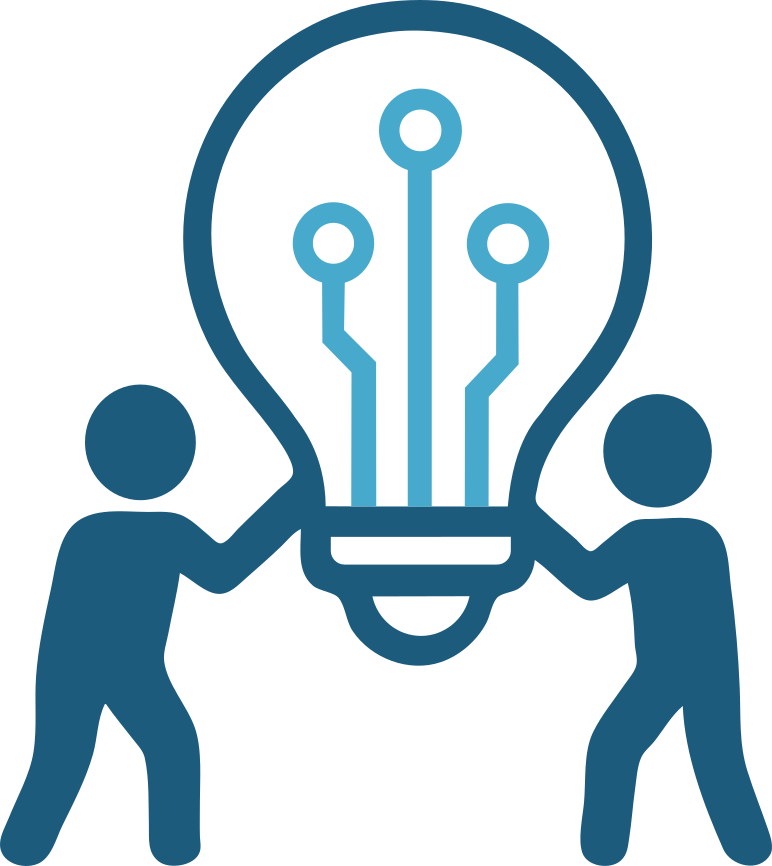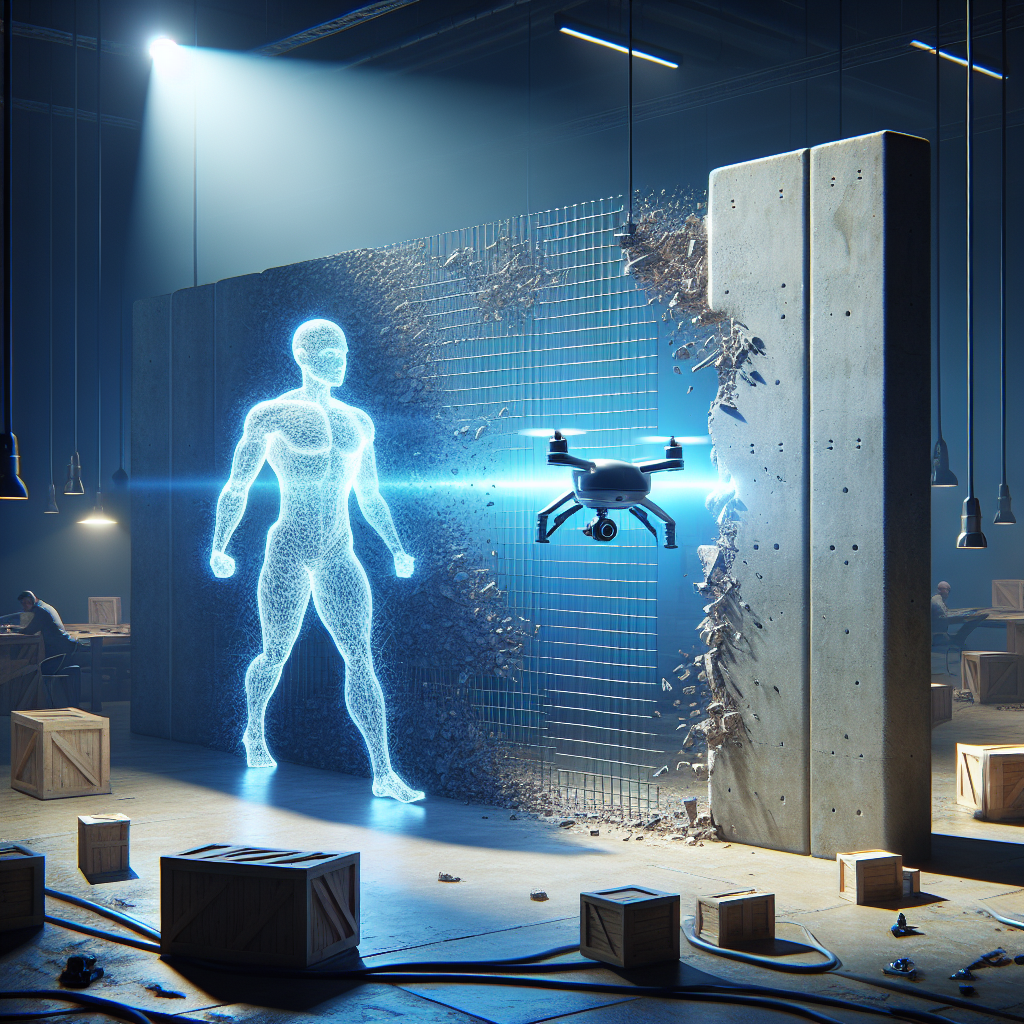In today’s rapidly evolving tech landscape, the latest AI news fuels both excitement and practical innovation. As breakthroughs emerge daily, understanding these trends is essential for professionals and enthusiasts eager to shape tomorrow’s technological world.
Latest AI News
The digital revolution is underpinned by advances in artificial intelligence that continue to redefine industry standards. Companies, researchers, and developers alike benefit from the dynamic shifts presented by these innovations. This article explores emerging AI technologies, examines their transformative impact on various sectors, and discusses what the future might hold. For instance, leading tech giants are already integrating AI into everyday solutions, prompting a shift in operational models that emphasizes efficiency and creativity.
Emerging AI Technologies
Innovations in AI range from sophisticated machine learning algorithms to advanced neural networks driving automation in industries as diverse as healthcare and finance. Moreover, startups are leveraging breakthrough AI applications to drive novel business solutions. The interplay between human intuition and algorithmic precision has spurred solutions that improve diagnostics, predictive analytics, and customer service. In a recent update, Google unveiled multiple AI focused enhancements that have become a benchmark, as discussed on Google’s AI blog.
Developers are now focused on creating more transparent AI models that provide clearer explanations, potentially easing regulatory compliance and ethical debates. For example, iterative improvements in natural language processing empower virtual assistants to understand context better than ever. These advances not only streamline routine tasks but also open new avenues for creative enterprise solutions.
Impact on Industries
Across multiple sectors, AI is reshaping traditional paradigms. In manufacturing, smart automation has reduced error margins and improved production efficiency. For example, sophisticated robotics integrated with AI are now standard in high-precision assembly lines. Financial institutions, too, employ AI-driven analytical tools to predict market trends and mitigate risk with enhanced accuracy. Meanwhile, healthcare systems benefit from AI-enabled diagnostic tools that speed up image analysis and improve patient outcomes.
Furthermore, the world of retail has witnessed a transformation with personalized customer experiences powered by AI. Machine learning models analyze purchase history and preferences to curate customized marketing campaigns. Additionally, supply chain management has seen unprecedented optimization by integrating AI; data-driven inventory management can reduce waste and streamline operations. Insights from TechCrunch illustrate how companies are using AI to leverage data for operational success.
Organizations are also placing greater emphasis on integrating human expertise with AI capabilities. This not only fosters trust among users but also paves the way for richer, more effective decision-making processes. By combining the roots of traditional practices with new technology, industries can navigate challenges and seize untapped opportunities.
AI and Ethical Considerations
With every technological leap, ethical questions and challenges follow. A prominent concern among stakeholders is ensuring that AI systems remain unbiased and transparent. Researchers are actively working to address data privacy issues and algorithmic fairness through robust testing and diverse data sets. Moreover, interdisciplinary teams comprising ethicists, technologists, and policymakers are essential to developing comprehensive AI governance frameworks.
In terms of regulation, governments and industry bodies worldwide have started rethinking assessment criteria to address AI’s multifaceted impact. Guidelines now emphasize transparency and accountability to maintain public trust. The emphasis on ethical AI is geared toward ensuring that technological advancements do not compromise societal values.
Future Trends in AI
The future of artificial intelligence appears both promising and challenging. Experts predict that further advancements in machine learning and deep learning will accelerate the pace of innovation. As companies invest more resources in AI research, we can expect to see integrated platforms that blend human creativity with robust data analysis. In addition, real-time AI analytics are set to revolutionize decision-making processes in fast-paced environments, including financial trading and disaster management.
Another area of rapid development is AI-powered automation in creative industries. Tools that generate art, music, and even complex narratives are constantly evolving. Such advancements could democratize creativity, providing tools that enable individuals to express ideas without traditional constraints. Moreover, augmented reality and AI will likely converge to offer enhanced interactive experiences in entertainment and education.
Innovation is also spurred by collaborations across sectors. Many organizations are now forming strategic alliances to harness broad-ranging AI capabilities. For a comprehensive overview of collaborative efforts and innovative projects, visit Artificial Intelligence News for in-depth coverage on industry developments.
Practical Applications and Use Cases
Real-world applications of AI demonstrate its versatility. For example, in the transportation sector, AI optimizes routes and manages traffic flow, reducing congestion in urban areas. Retailers use predictive algorithms to manage stock levels and improve customer satisfaction. Even in environmental management, AI systems predict pollution patterns, thereby assisting in timely interventions.
Small businesses have also embraced AI technology by automating customer service functions, reducing operational costs, and increasing efficiency. Particularly, chatbots and AI-driven virtual assistants provide round-the-clock support and personalized customer interactions. These applications underscore AI’s potential to bridge the gap between high technology and everyday business needs.
The integration of AI in educational settings is another transformative application. Adaptive learning platforms now utilize AI to create personalized curriculums based on student performance and learning pace. This not only helps in addressing educational disparities but also supports lifelong learning trends. Thus, the intersection of education and AI is a fertile ground for further exploration.
Embracing the AI Revolution
For those looking to stay ahead in this dynamic environment, remaining informed is crucial. Regularly visiting technology blogs, subscribing to newsletters, and participating in webinars can greatly enhance one’s understanding of evolving trends. Resources like Build My Idea provide detailed guides and case studies that are invaluable for both novices and industry experts.
Moreover, hands-on experience is key to leveraging the full potential of AI. Many organizations now offer workshops, online courses, and certification programs to help professionals build practical skills. By investing in continuous education, individuals can transform challenges into opportunities and contribute meaningfully to their organizations.
The trajectory of AI suggests that its role in transforming society will only expand. Whether it’s through refining operational processes, fostering innovation in product development, or enhancing everyday digital experiences, AI is set to leave a lasting imprint. As businesses and consumers adapt, the synergy between technology and human ingenuity will define the future of work, education, and community engagement.
Conclusion
In summary, the transformative power of artificial intelligence is evident in the breadth of applications and ongoing advancements documented by the latest AI news. Industries are witnessing a paradigm shift that incorporates intelligent automation, improved data analytics, and enhanced interactive experiences. By addressing ethical challenges and investing in forward-thinking education, society can ensure that AI continues to benefit everyone.
Staying engaged through trusted online channels and expert-led discussions will deepen understanding and inspire further innovation, ultimately paving the way for a more connected and efficient future.







Leave a Reply
You must be logged in to post a comment.